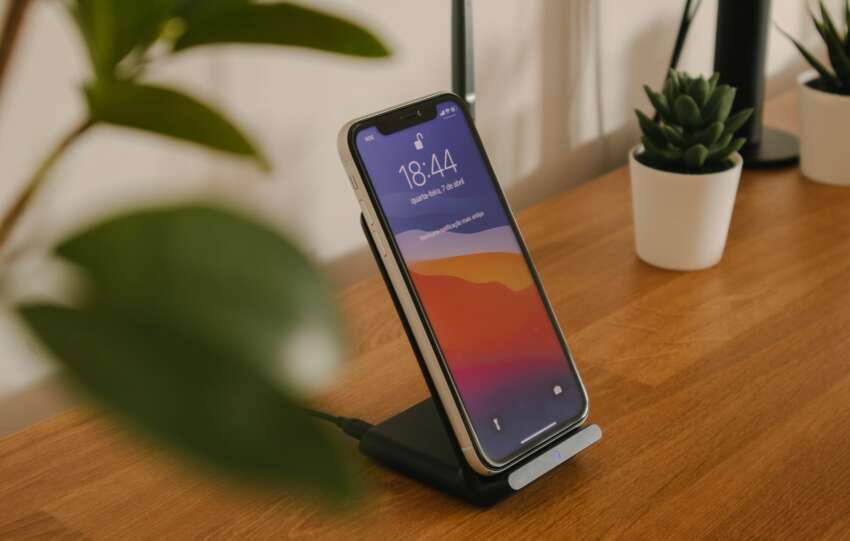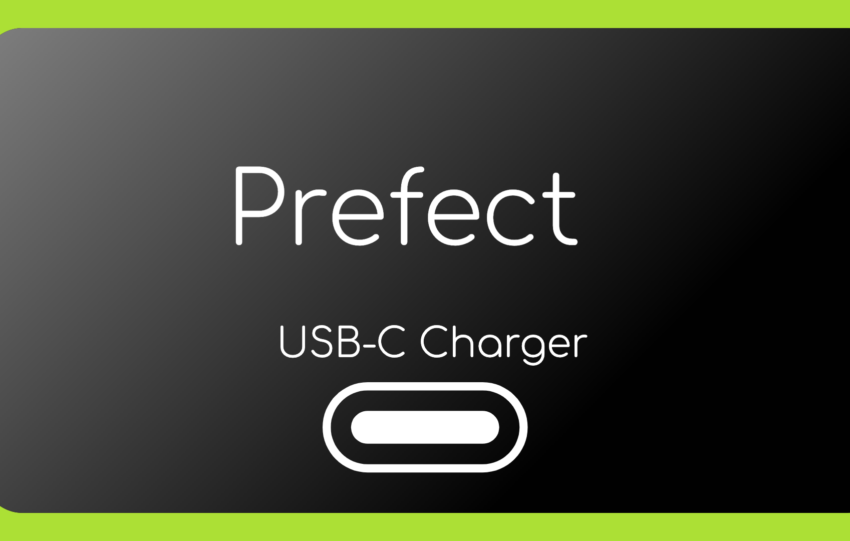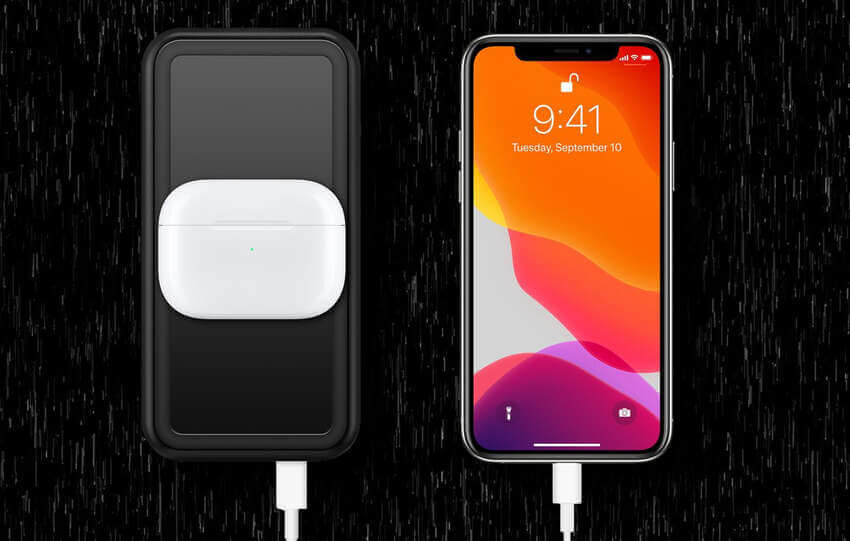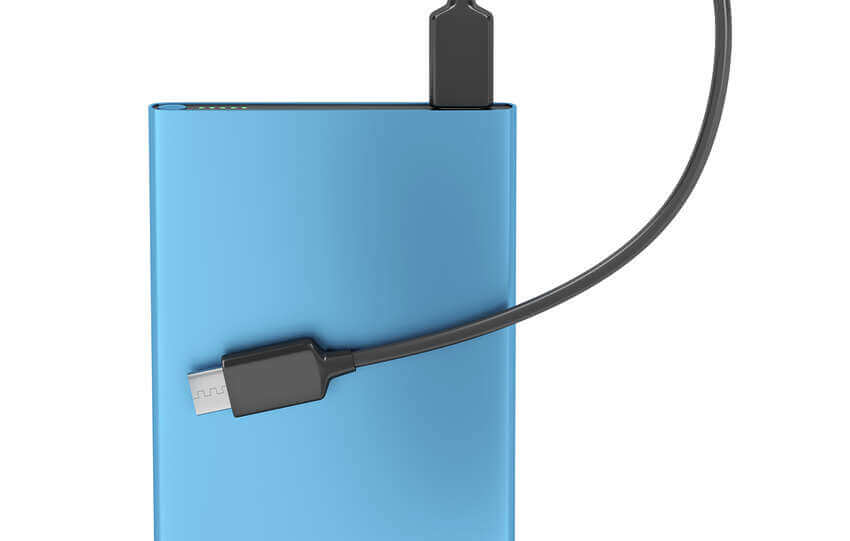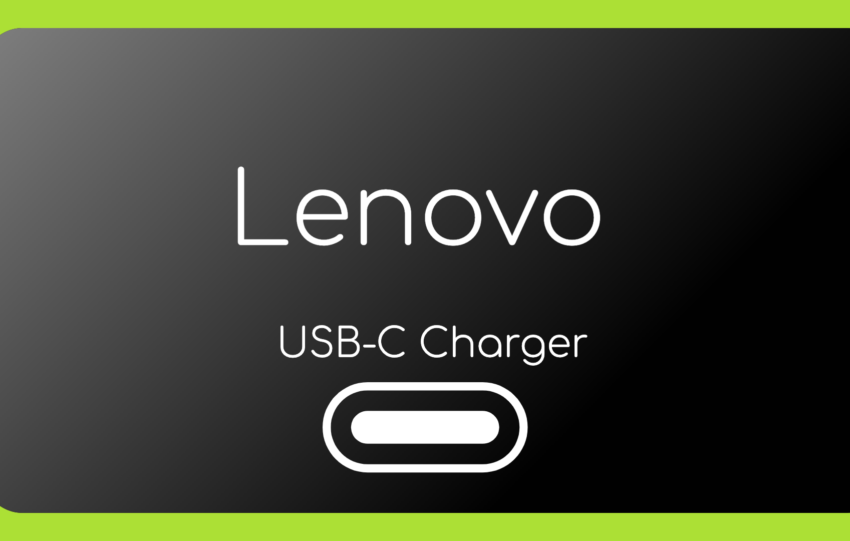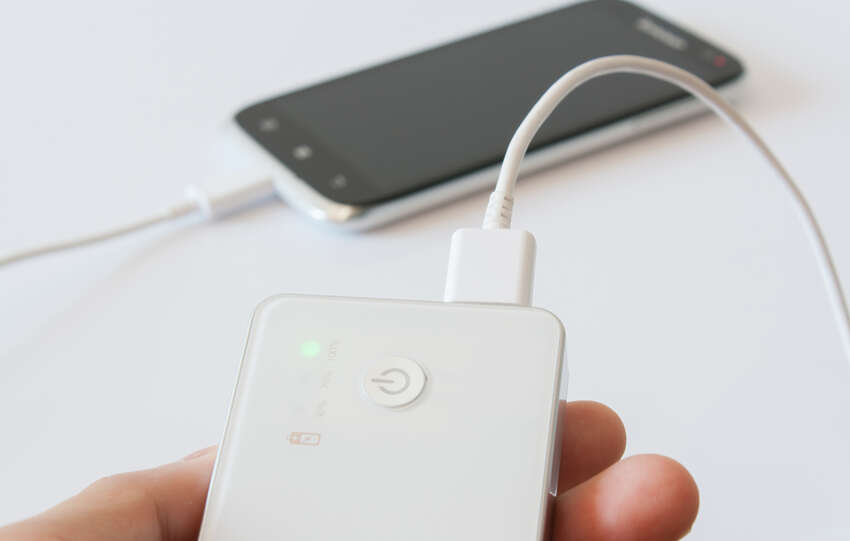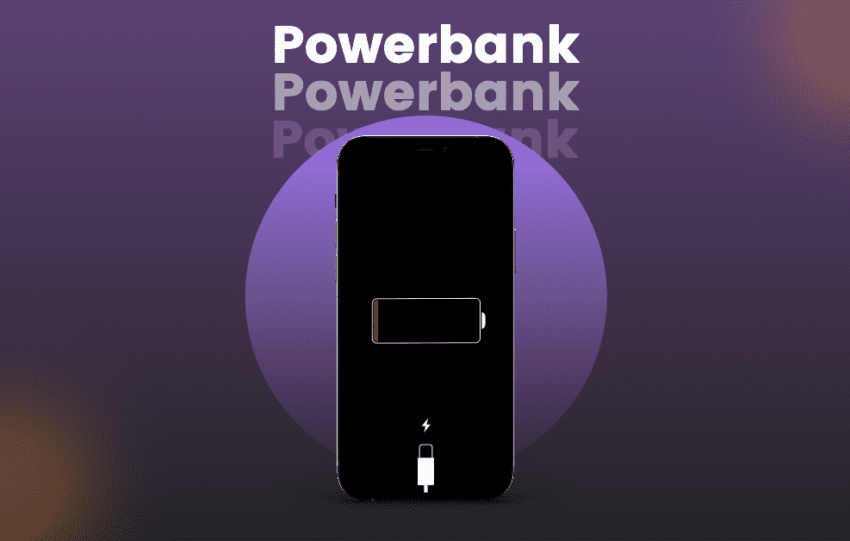Share This Article
Batteries are an integral part of your vape setup and they’re not something you want to replace frequently.
When you have a weekly or even daily habit of vaping, replacing batteries can get really expensive really fast.
That’s why it’s important to know the best practices for keeping your batteries in peak condition for as long as possible.
Batteries themselves don’t last forever, but with some proper care and maintenance, you can keep them working optimally for a long time.
What Is The Average Life Of A 18650 Battery?
Keeping track of how often you recharge your devices is an excellent way to safeguard against run-time anxiety when it comes time to replacing the battery again.
If you own several vaping devices, keeping track of their individual battery life will make life easier in the long run.
Here we take a look at some key facts about the average lifespan of 18650 cells in general and how they compare to other common types of rechargeable cell.
What is the average lifespan of an 18650 battery?
The lifespan of an 18650 cell depends largely on how often you recharge it. If you charge your battery consistently, expect the lifespan to be around 500-800 cycles before the battery is retired from service.
Batteries will eventually lose their capacity to hold a charge.
To avoid this, consider purchasing a battery charger that has advanced charging features or simply keep your batteries in a charger overnight when they need to be recharged.
Ni-MH batteries
Ni-MH batteries are the most common type of rechargeable battery. These batteries are used in a wide variety of devices, such as small electronics, cordless power tools, and toys. Ni-MH batteries work by converting chemical energy into electrical energy.
Ni-MH batteries have an average lifespan of up to 1,000 charge and discharge cycles. They usually take about 1 hour to charge and can be recharged up to 500 times before they need replacing.
Ni-MH batteries also have a theoretical maximum lifespan of about 2,000 charge and discharge cycles.
But most Ni-MH cells only last for about 500 cycles before they degrade significantly in performance, making them unsuitable for use in high-drain devices like vape mods with replaceable 18650 cells.
Ni-Cd Batteries
Ni-Cd batteries typically have a lifespan of about 1,000 cycles. You can check this by charging your battery until the light turns off and then discharging it fully.
Ni-Cd batteries are also best used in applications that don’t require fast recharging. Slow recharging will decrease the amount of stress placed on your battery and make for a much longer lifetime.
Li-ion Batteries
The 18650 is a popular rechargeable lithium ion battery. Its cylindrical shape and its thin profile make it the perfect type of battery for many vaping devices on the market.
In general, 18650 batteries are rated to be able to last for about 1000 charging cycles before they degrade as a result of overuse.
Keep in mind: Why do batteries fail?
There are a few factors that can contribute to battery failure. These include: manufacturing defects, improper charging, and the cell being damaged by an external force like shock or heat.
It’s important to note that batteries don’t always die from one cause. In fact, most batteries will fail due to a combination of these factors.
The average lifespan on 18650 cells is about 1000 charges for lithium-ion cells and about 500 charges for nickel-cadmium cells.
In summary: A 18650 cell provides 1000 or 500 charges before it fails.
When shopping for vape pens, make sure you look at the charge life specs of the battery that comes in your package. If the battery has an average life of 1,000 charges, you should expect to replace it after five years of use.
Tips to extend your 18650 batteries
Batteries can be stored almost indefinitely. Storing them in a dry, cool environment will extend their life span.
Do not expose them to high temperatures, extreme cold, or direct sunlight. The three main enemies of batteries are heat, moisture and age. The hotter the storage and/or operating temperature, the shorter the life of the battery.
If a battery has been stored for a long period of time, charge it, then discharge it fully to see if it is still good.
Determining the state of a battery can be accomplished by inspecting its voltage when it is at rest. If it is less than 1.4 voltage, the battery can be considered discharged. If it is more than 1.4, then the battery is still charged.
Which batteries last the longest?
The 18650 is the most common type of rechargeable lithium-ion battery. When it comes to how long 18650 batteries last, this is a model that tends to operate best when not discharged below 30% of capacity.
Above this point, it will begin deteriorating. This is due to the fact that the materials used in the production process can lead to battery degradation over time.
Final Words
There are many ways to care for your 18650 cells, but the best way to do it is through simple, regular maintenance. Keeping your batteries in good shape keeps them from wearing out prematurely and saves you money in the long run.

